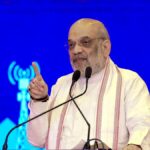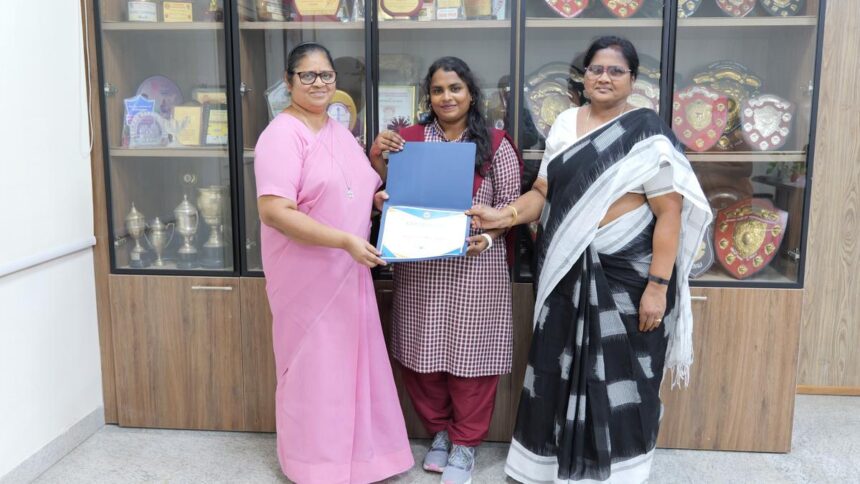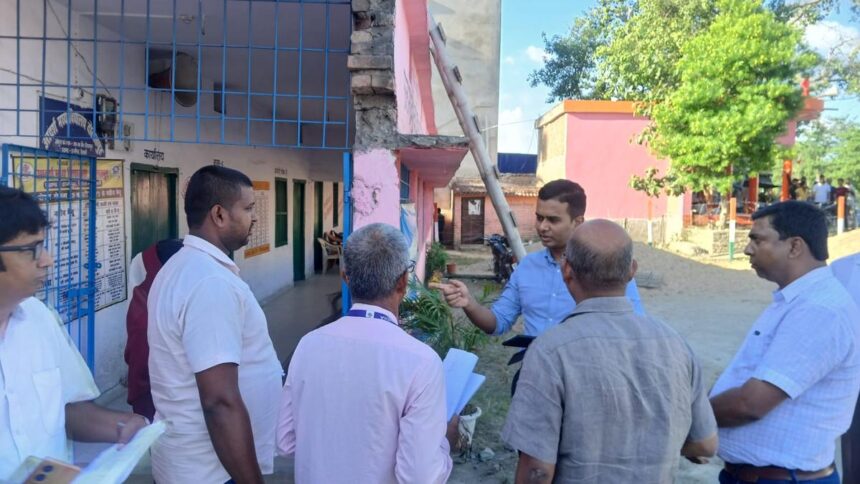
LOCF is intended to serve as a model curriculum to “promote flexibility and innovation in programme design and syllabi development.”
The story so far: On August 20, the University Grants Commission (UGC) issued a public notice on its development of a draft Learning Outcomes-based Curriculum Framework (LOCF). LOCF is intended to serve as a model curriculum to “promote flexibility and innovation in programme design and syllabi development.”
The regulatory body also released the draft LOCFs prepared for nine undergraduate subjects, i.e., Anthropology, Chemistry, Commerce, Economics, Geography, Home Science, Mathematics, Physical Education and Political Science, that is has developed so far. It has presently sought feedback from stakeholders on the draft documents.

What prompted the LOCF?
The move aligns with the National Education Policy (NEP) 2020 that aspires to shift focus from rote learning to a holistic, multidisciplinary and (OBE) model. It also lays stress on ushering in a “forward-thinking approach”, while integrating the Indian Knowledge System into the curricula of multidisciplinary courses.
Why is the Kerala government opposing the UGC move?
The Left Democratic Front (LDF) government in Kerala has strongly objected to the proposed curriculum reforms, calling them a ploy to impose the Rashtriya Swayamsevak Sangh’s (RSS) Hindutva ideology under the guise of OBE.
Kerala’s Higher Education Minister R. Bindu, while asserting that her views are based on an initial assessment, said the LOCF aligns closely with the ideological positions of the Sangh Parivar.

She expressed concern over the inclusion of ancient texts such the Upanishads, Mahabharatha and Arthashastra as sources for sustainable development studies.
Equally troubling, according to Dr. Bindu, is the recommendation to include the biographies of ideologues, including V.D. Savarkar and Deendayal Upadhyaya, as suggested reading in certain courses.
She also criticised proposals to examine concepts such as ‘Ram Rajya’ in the context of corporate social responsibility (CSR) and environmental, social and governance (ESG) frameworks. Such inclusions, she cautioned, contradict the stated objectives of NEP 2020 which aims to foster academic flexibility, but instead promotes ideologically driven content.
How has the academic community responded to LOCF?
While teachers’ organisations are yet to finalise their stance on the LOCF, some in the academic community fear that the proposed curricula may undermine the scope for multidisciplinary possibilities at the undergraduate level. Concerns have also been raised about a potential decline in teaching opportunities for language faculty, including those in English.
Moreover, the alignment between learning outcomes for majors and minors appears inconsistent. In some disciplines, the outcomes for minor are entirely disconnected from those of the majors, while in others, minor learning outcomes are embedded within the core or elective papers of the major.
Besides, in certain cases, electives from the same subject are being counted towards both major and minor credits. However, the UGC has yet to clarify whether students pursuing such electives would be awarded a single major degree or a major with a minor in a subfield of the same discipline.
What is the Kerala government’s strategy to address the issue?
The government has tasked the Kerala State Higher Education Council (KSHEC) with formulating its response based on a comprehensive study. The policy think-tank will soon constitute an expert committee to review the model curricula and submit its recommendations.
Published – August 26, 2025 12:38 pm IST






















